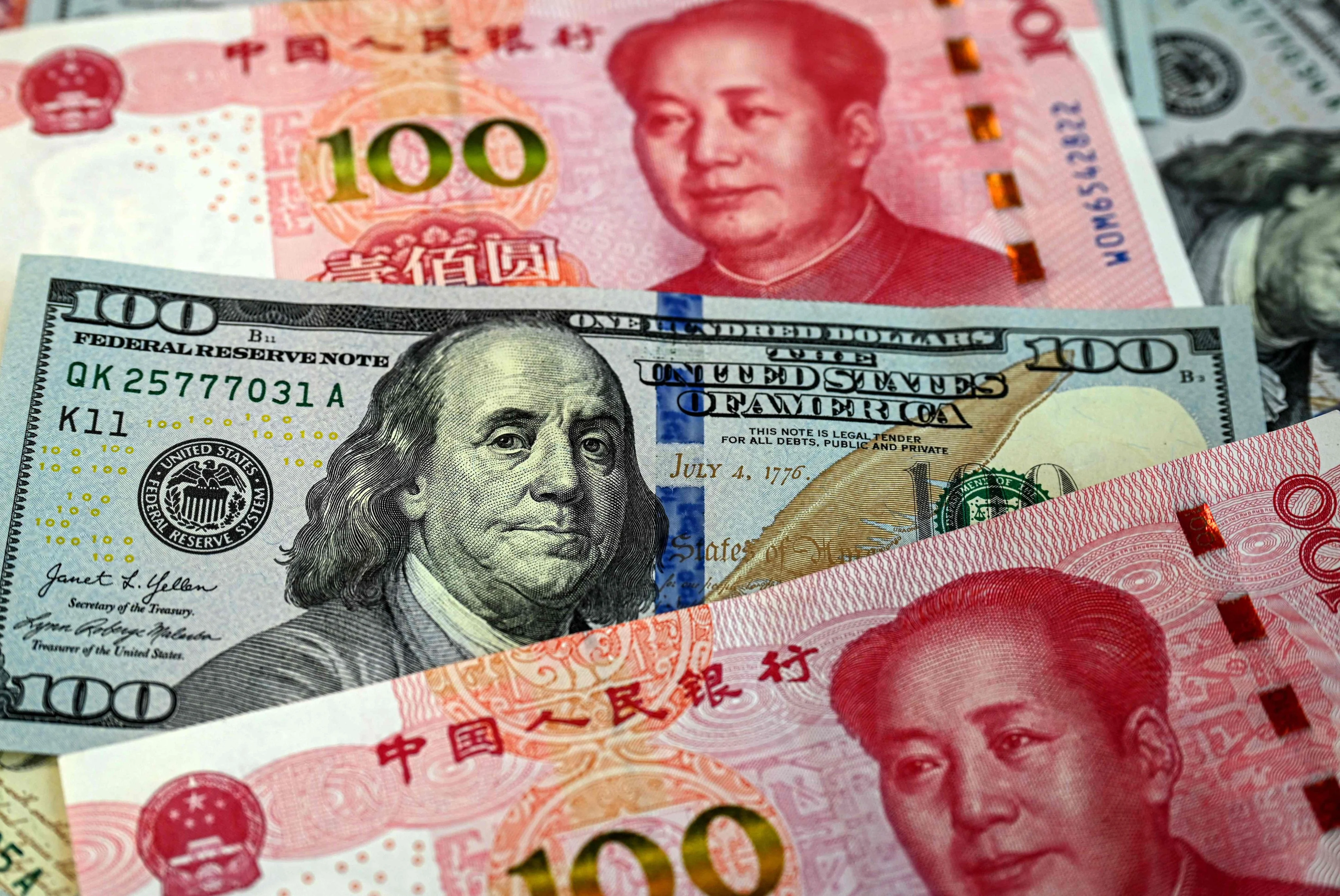By Cao Li
Copyright scmp

Chinese companies will increasingly shift towards offshore yuan bonds and away from US dollar bonds for their offshore financing, according to panellists at S&P Global Ratings’ China Credit Spotlight forum on Wednesday.
Over the next five years, Chinese companies will issue more offshore bonds to fund their expansion overseas, but “it doesn’t necessarily have to be in the US dollar space, it can well be in the [offshore yuan] space,” said Hua Cheng, senior vice-president and director of Asia credit research at AllianceBernstein, at the event in Hong Kong.
US dollar interest rates have remained high in the past few years, making borrowing more expensive, while offshore yuan funding remained relatively cheap, according to analysts. Amid geopolitical tensions, Beijing has been promoting the internationalisation of the yuan. At the same time, more Chinese companies are expanding overseas and seeking financing.
Expanding the yuan bond market was in China’s national interest, especially to support the overseas growth of Chinese companies, said Gordon Tsui Luen-on, managing director and head of fixed income at Ping An China Asset Management (Hong Kong).
“In the international market, this helps them access funding through dim sum and other [offshore yuan] bonds,” Tsui said.
Issuance of dim sum bonds – yuan-denominated bonds issued in Hong Kong – is on track for a record year as Chinese corporate giants rush to the city to raise funds.
On Tuesday, Tencent Holdings raised 9 billion yuan ($1.27 billion) from its first-ever dim sum bond sale, marking its first bond issuance in four years.
Chinese search-engine giant Baidu issued 4.5 billion yuan in dim sum bonds in an offering that closed on Monday, following a 10 billion yuan sale in March.
Corporate issuers raised a record US$46.2 billion via dim sum bonds so far this year, according to Bloomberg data. Deutsche Bank estimated that annual issuance of the bonds tripled between 2022 and 2024, reaching 1.4 trillion yuan last year.
Meanwhile, US dollar bonds issued by Chinese companies have seen net redemption over the past couple of years, according to AllianceBernstein’s Cheng.
Dim sum bonds evolved from a niche product into a central pillar of Beijing’s push to internationalise the yuan, according to bankers. They attributed the recent boom to cost advantages for issuers due to favourable rates, as well as structural reforms that broadened the investor base.
China launched the Bond Connect programme in 2017, allowing domestic professional investors to invest in Hong Kong’s bond market and international investors to access China’s domestic bond market. The annual quota for the southbound leg is 500 billion yuan. But with regulatory support, it could be expanded to 1 trillion yuan or more, Ping An’s Tsui said.



